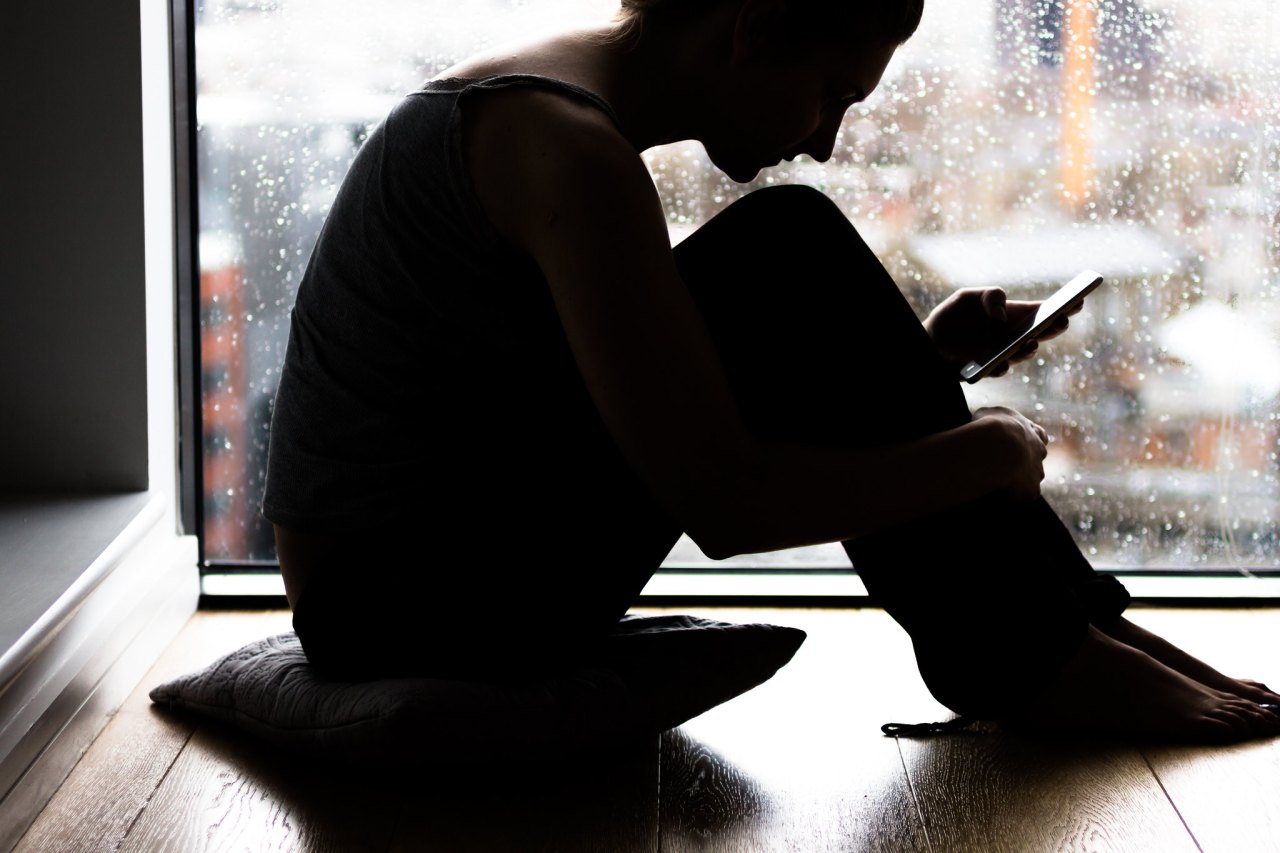Theres a lot of hearsay, half-truths, and stigma that surround this very common sexually transmitted infection.
HPV is extremely common.
Researchers even believe that any sexually active person will most likely get it at some point.

Twenty20 / @marinaskaanes
Often the virus clears without the infected subject even realizing they have it.
Both men and women can contract HPV.
It is so easily spread that pretty much anyone can get the virus.
Most people never develop symptoms.
STD testing means nothing when it comes to HPV.
Like I said, it isnt even possible to test a man for HPV.
Routine STD testing for women doesnt always include HPV either.
Not all strains of HPV cause cancer.
An irregular Pap does not automatically mean that you have cancerous cells.
All that being said, only a few of the HPV strains result in cancer.
Most are not harmful in this way.
Not all strains of HPV cause genital warts.
In fact, there are only a couple of strains that present in the form of genital warts.
If you get them, this is no reflection on you and your sexual history.
You were just unlucky and got a more physically apparent strain from whoever spread the virus to you.
It does not mean that you are gross or dirtyyou caught a bad break.
In good news, the strains that cause genital warts do not cause cancer.
Your immune system will usually dump the virus out of your body on its own.
There is no known cure for HPV.
This is unfortunate, especially as it is so common and widespread.
The virus is still poorly understood and has so many different strains that no cure has yet been developed.
9. you could contract HPV without ever having sex.
If any infected area touches your skin, you may still get the virus.
The only sure way to keep from getting HPV is to abstain from all intimate skin-to-skin contact.
HPV can be transmitted to the mouth or throat via oral sex.
Unfortunately, you may contract HPV orally by performing oral sex on an infected individual.
There is a vaccine, but it does not protect against all strains of HPV.
The vaccine can help prevent cervical cancer and genital warts.
The vaccine is most effective when you are young.
The vaccine does not neutralize HPV in those already infected.
Even if you do get the vaccine, you should continue getting regular Pap smears.
Because the vaccine does not protect against all strains that cause cervical cancer, regular screenings are still essential.
You may also have been infected before getting the treatment.
Two of those cause genital warts and the remaining seven cause cervical cancer.
Keep yourself safe by continuing your normal gynecological visits regardless.